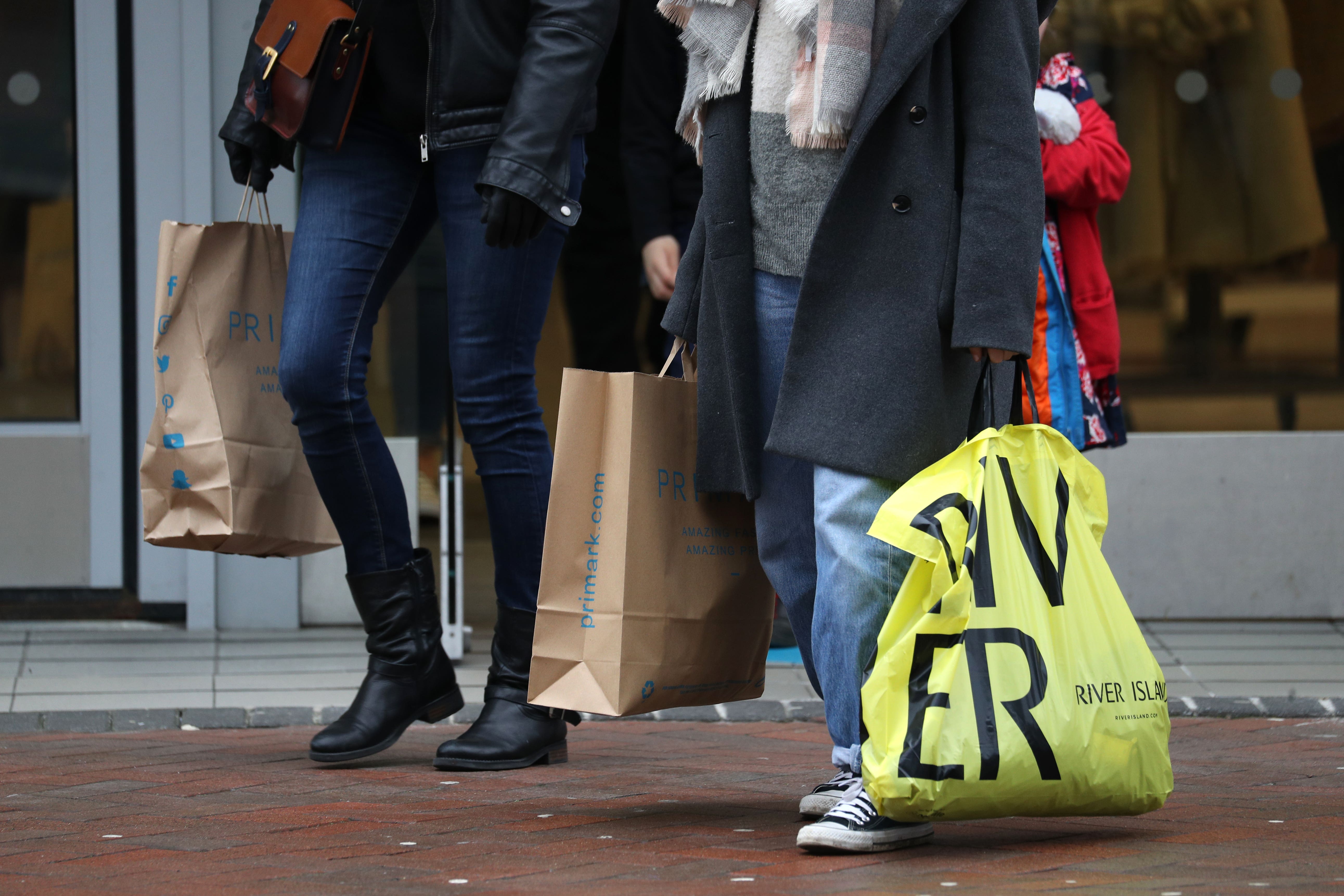Retail sales hold up better than expected in February
Total UK retail sales were up 5.2% in February against an increase of 6.7% last year, according to the BRC-KPMG Retail Sales Monitor.

Retail sales held up better than expected in February as consumers proved they are still ready to celebrate events such as Valentine’s Day despite the-cost-of living crisis.
Total UK retail sales were up 5.2% in February against an increase of 6.7% for the same month last year – below the three-month average of 5.5% and above the 12-month average of 2.4%, according to the British Retail Consortium (BRC)-KPMG Retail Sales Monitor.
Food sales increased by 8.3% over the three months to February and non-food sales were up 3.2% while online non-food sales fell by 3.1% against a decline of 28.4% last February.
BRC chief executive Helen Dickinson said: “While the cost-of-living crisis has made customers increasingly price-sensitive, they are still ready to celebrate special occasions.
“This helped deliver strong sales of fragrance and jewellery for Valentine’s Day. Energy-saving appliances also continued to sell well, but the rush for warm coats and boots subsided as the January sales splurge satisfied customer appetite.”
“The economic backdrop means retailers face volatile trading conditions. Many consumers will be concerned as they prepare for further energy price and tax rises in April.”
Paul Martin, UK head of retail at KPMG, said: “With overall inflation running at around 10%, and food inflation sitting nearer 20%, total sales growth for February of just 5% will be eating hard into retail margins and masking the true state of the sector’s health.
“Consumers are continuing to hold back on non-essential spending with sales of clothing, footwear and accessories, which have been very influential in spending for many months, continuing to decline in February.
“With increases in energy, broadband, mobile phone and council tax bills on the horizon, consumers will continue to take steps to reduce spend where they can – switching where they shop, what they buy, whilst also cutting back on activities, such as eating out and takeaways.”
Meanwhile, separate figures from Barclays show consumer spending grew just 5.9% year-on-year in February as Britons continue to cut back on non-essential spending.
The figure was affected by the lifting of Covid restrictions last year, which caused a spike in spending due to pent-up demand, bringing down this year’s figures.
However growth of supermarket spending slowed to an increase of just 6.6%, with 49% of consumers cutting down on luxuries or one-off treats for themselves and 48% turning to value ranges.
Spending on public transport saw 22.6% increase as commuters locked in fares ahead of the March 5 5.9% increase in train ticket prices.
Almost one-third of Britons (30%) say they are aiming to cut their Easter spending due to rising costs, with 25% of these people planning to spend less on Easter eggs and 22% scaling back holiday plans.
Despite this, consumer confidence in household finances remains steady at 64% while optimism in the future of the UK economy has increased slightly to 24% – up from 21% last month.
Bookmark popover
Removed from bookmarks